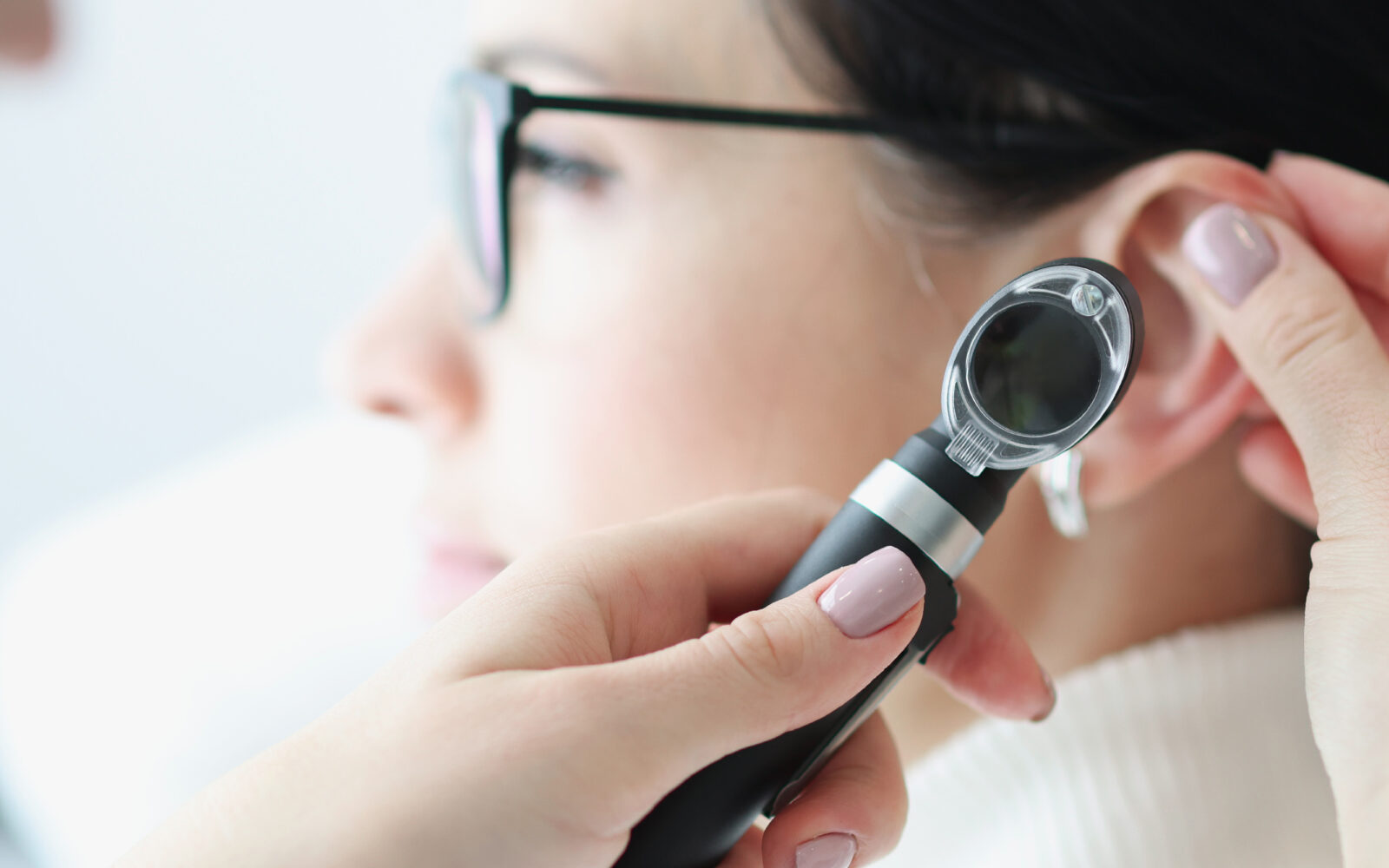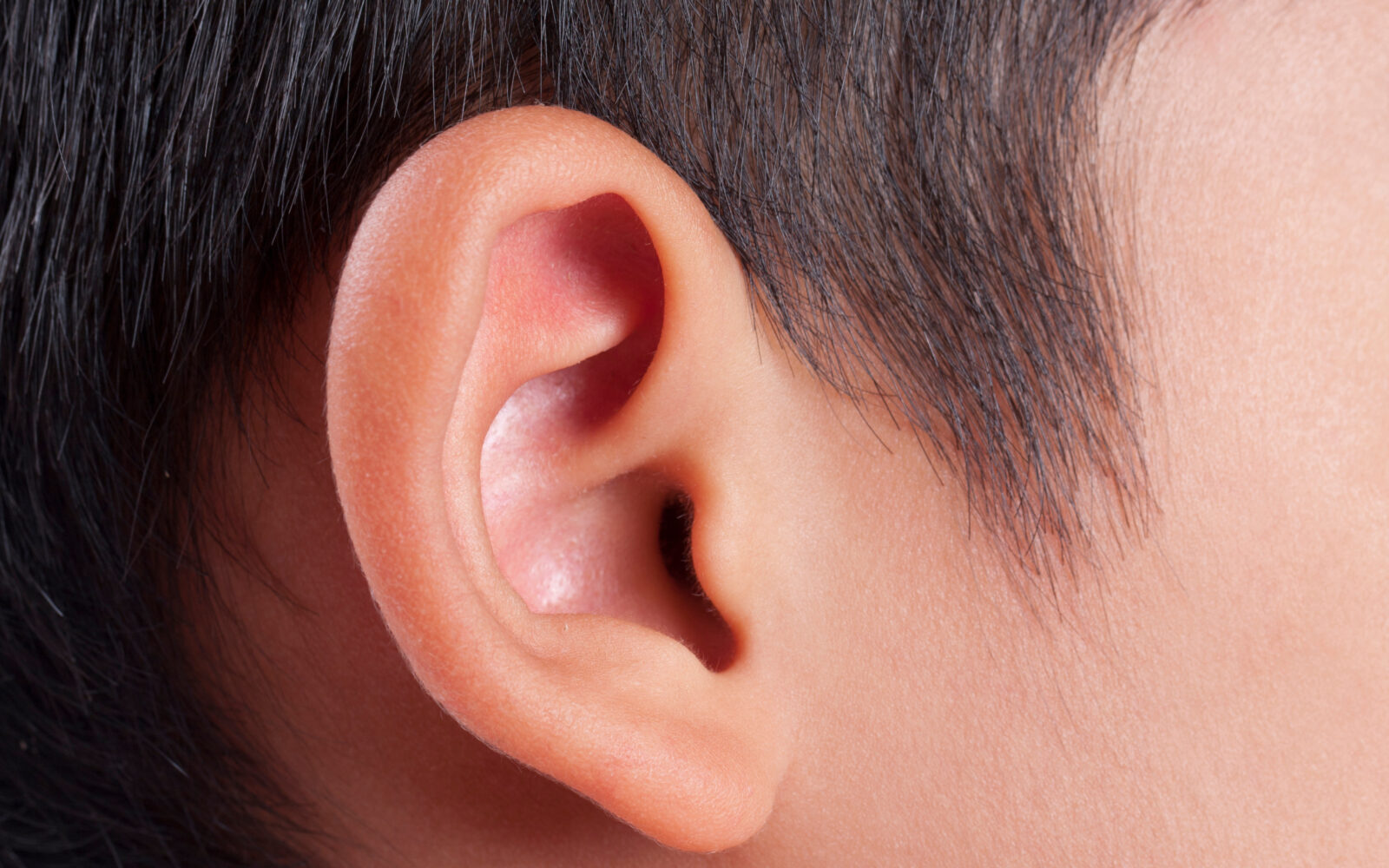Restoring Clearer Hearing with Advanced Hearing Aid Solutions at NJ Eye and Ear Audiology
Hearing is one of the most vital senses we rely on every single day,


Hearing is one of the most vital senses we rely on every single day,

Hearing loss rarely happens overnight. For most people, it’s a slow fade

In today’s world, noise is constant. From the moment you wake up to the